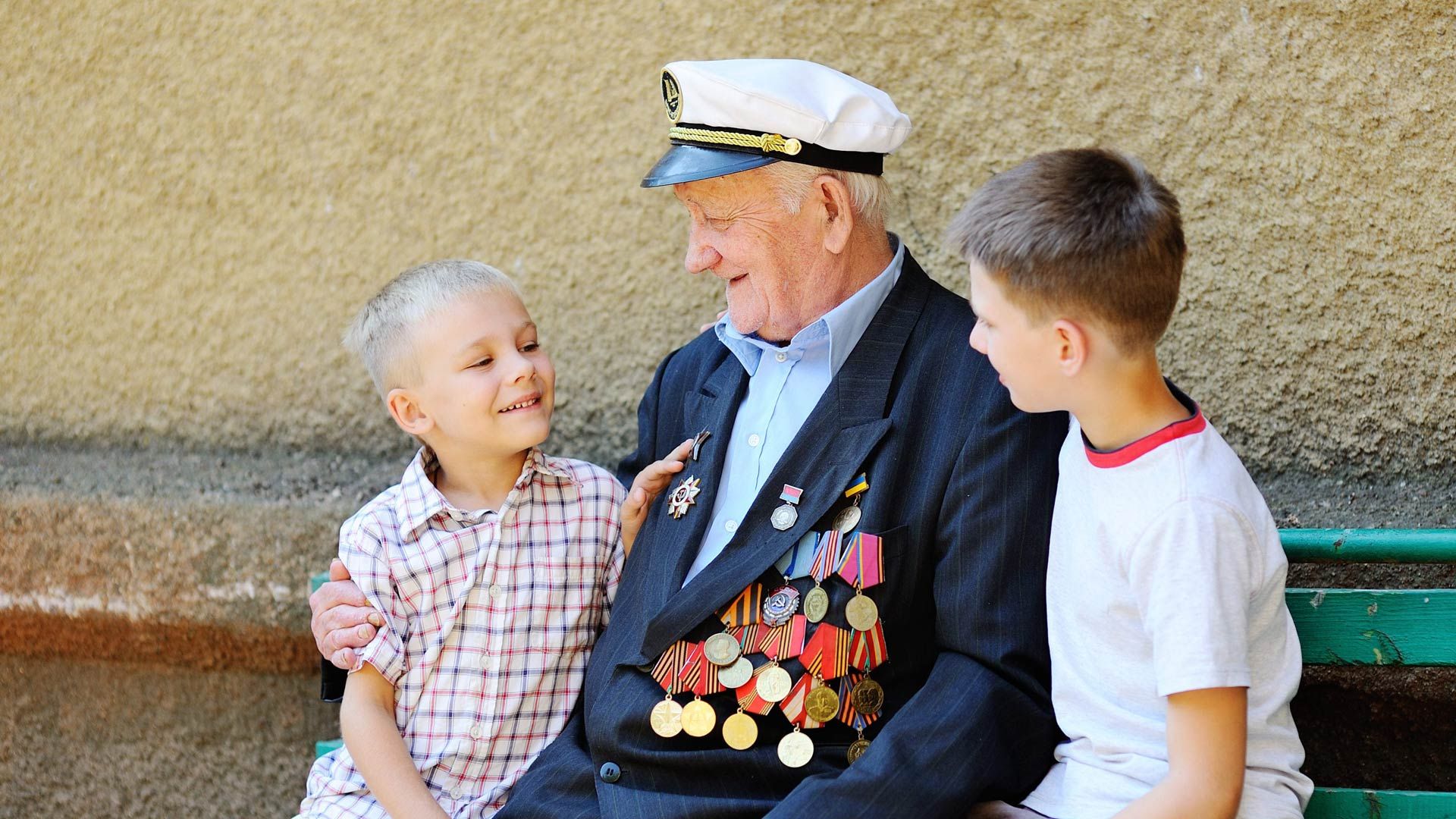8 Tips for Communicating With Vets Year Round

Veterans Day was last week but that does not mean we shouldn’t think about these men and women who served our country until next year. With almost 400,000 Veterans living in Colorado, you probably know at least a few. Be they family members, co-workers or neighbors; they are an important part of our community.
People often ask me what they should say to a Veteran if they see one as if these men and women are exotic animals easily spooked by human interaction. (Spoiler alert: they are not.) I suggest they say hello, introduce themselves and show the same care and respect they would any other person. That being said, here are some “dos and donts” to be mindful of:
- Do ask Veterans about what their military service means to them.
- Do ask if they feel comfortable answering your questions.
- Don’t assume because your uncle loves to talk about his time in the Army when he was stationed in Germany, that a Veteran wants to talk about his time in a combat zone.
- Don’t ask them about PTSD or other injuries.
- Do mention personal or a family member’s military service.
- Don’t make it all about you.
- Do encourage them to share what they are currently doing or what their goals are.
- Do show that you are glad to have someone with their skills and experience in your community.
Veterans are people like you and I. Though Veterans have had unique life experiences that have shaped their lives, can’t we all say the same thing? By engaging them with respect, compassion, and a little bit of common sense, we show that our community is a welcoming place for all.
Carl LoFaro is the former manager of Veteran and Military Family Services at the Jefferson Center. He served in the Army and deployed to Iraq as a member of a Combat Stress Team. He has been working with the military and veterans for 10 years and is passionate about assisting communities to be welcoming places for Veterans to come home.
- Kiara’s Note – Blog
- Mental Health Matters – Blog
- Voices of Hope – Blog
- Humans of Jefferson Center
- Addiction & Substance Use
- Anxiety
- Child Mental Health
- Crisis and Trauma
- Depression
- Exercise
- Just The Facts
- LGBTQIA+ & Pride
- Medicaid
- Men’s Mental Health
- Parenting
- Recovery
- Senior and Older Adult
- Socializing
- Stigma
- Stress
- Suicide Prevention
- Support & Advocacy
- Teen’s Mental Health
- Treatment Options
- Women’s Mental Health